We explore the truth and fiction in David Fincher's Netflix masterpiece Mank
Mank is a film-lovers' film, and auteur David Fincher seems perfectly happy with that. We are too, of course: the black-and-white, partly fictitious retelling of the making of Orson Welles' most famous film is Fincher's own Citizen Kane.
The movie doesn't really have a plot, per se. Much like the movie it's about, Mank seeks to unravel a mystery: who really wrote Citizen Kane? To find the answer, we travel back in time through Herman Mankiewicz's memories.
But if the movie is based on wholly real people, what elements are true and which have been buoyed by Fincher's fantasy for the perfect film? Fret not, we've done the digging for you (and now is the time we warn for spoilers, but really... it's sort of true, so you may know the answer yourself already).
What's the deal with Mank's hatred of the Wizard of Oz?
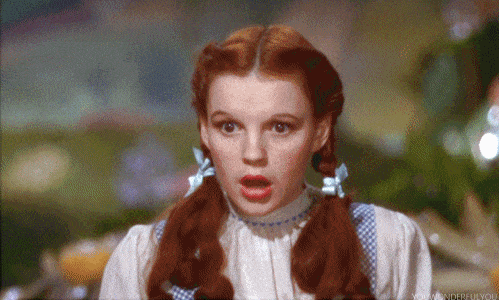
In Mank's earlier flashbacks, which takes place in 1940 a few weeks before the car crash that lands him in the 'present' timeline of the film, we hear him disparaging the movie The Wizard of Oz. Not much is given by way of explanation, but a little digging reveals exactly why.
Mankiewicz was one of ten screenwriters assigned to The Wizard of Oz in 1938, and the pages he wrote formed what is now called the "Kansas sequence" and served to balance out the fantasy element of Oz with the reality of who Dorothy was, pre-magical transformation. As was common at the time, Mankiewicz didn't know that other writers had been hired (and nor did the other writers know about him).
He was never credited for his work on the film (the only credits went to Noel Langley, Florence Ryerson, and Edgar Allan Woolf). Why exactly Mankiewicz was so adamant in Fincher's adaptation that Oz would "sink the studio" still remains an enigma.
Republicans, Socialists, and movies – oh, my!
To explain, we also have to delve into Mankiewicz's politics. He's shown in the movie to be more left-leaning than he was in reality.
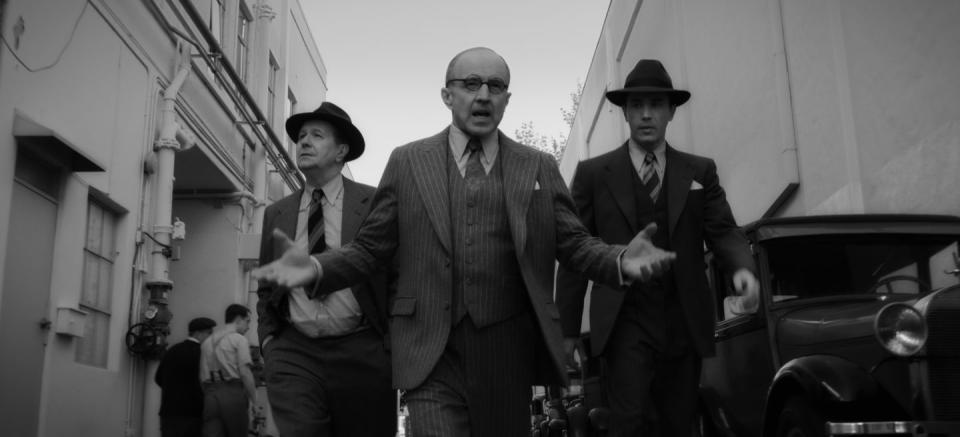
In the movie, he refuses to toe the MGM line of donating to republican gubernatorial candidate Frank Merriam's campaign and tries to stop MGM making phoney propaganda videos, featuring "real interviews" with white people saying they're voting for Merriam. He is so incensed by this he pleads with Mari0n, just as she's leaving MGM for Warner Bros (because MGM's Irving Thalberg, played by Ferdinand Kingsley, wouldn't let her play Marie Antoinette) and asks her to tell MGM that Hearst, who is funding the videos, doesn't want them made anymore.
She delivers one of the greatest one-liners in movie history, saying she can't go back because: "I've already made my exit". Unfortunately, none of this happened.
Marion left MGM long after the propaganda tapes were made, and if Mankiewicz had any misgivings about them he never vocalised them. (Nor did he bet on the election outcome going against Merriam.)
Speaking of those propaganda tapes...

They're real (and abhorrently xenophobic and fear-mongering, as one might expect) and did likely deliver a huge blow to socialist candidate Upton Sinclair (played by Bill Nye).
In Mank, Thalberg was inspired to make the propaganda by something Mankiewicz said, and a test-shot director Shelly Metcalf (Jamie McShane) jumped at the chance to move up the career ladder despite not believing in his own work, thinking it'd never sway the vote.
Later he suffers what Mankiewicz refers to as a 'bout of conscience' over the fake interviews and, after a Parkinson's diagnosis, he takes his own life. However, Shelly is wholly made up. The real director of the propaganda was a man named Felix Feist Jr who went on to be a successful director and died in 1965 of natural causes.
Mank and Marion
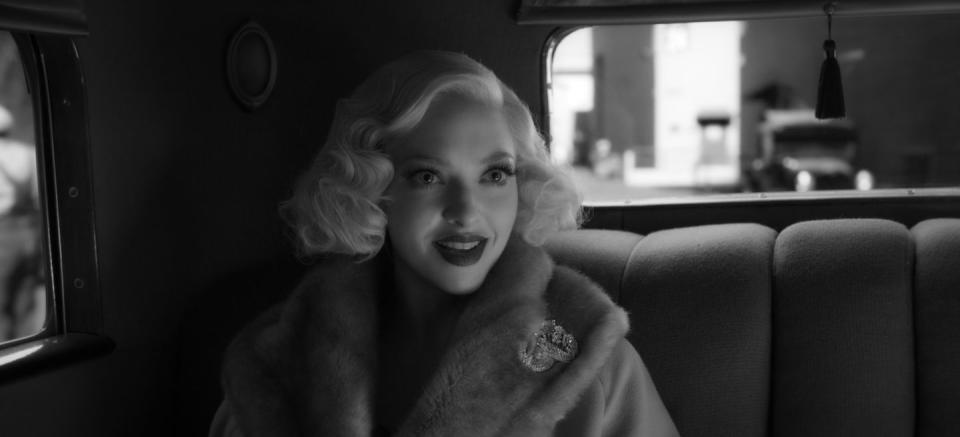
One of the key players in the fictional unravelling is Marion Davies (played by Amanda Seyfried), the real-life movie star who was the long-time mistress of William Randolph Hearst. In Mank, Marion is the catalyst for plenty, but how much of it is actually true?
Effectively, almost everything in Mank about Marion is true, but the timing of it is the issue. As we said before, Marion's glorious exit (seriously, it's one of the best moments in the movie) did not take place at the same time the propaganda videos were being made.
Another likely wholly fictitious invention of Fincher's was Marion's visit to a recovering Mankiewicz after the screenplay for Citizen Kane was written. In her own memoir, she says she never even saw the movie.
Herman Mankiewicz, Nazi hunter
In Mank, it's revealed that Mankiewicz saved an entire village from the Nazis – he didn't do this, but he did help Jewish refugees get work. Again, his politics may have been right-leaning, but he was one of a few voices at the time to warn of Hitler as a real threat.
Okay, the real question...
Who really wrote the bulk of Citizen Kane? Mank's answer is, well, Mank. The real answer is far more complicated and can really only be summed up as: we're not sure.
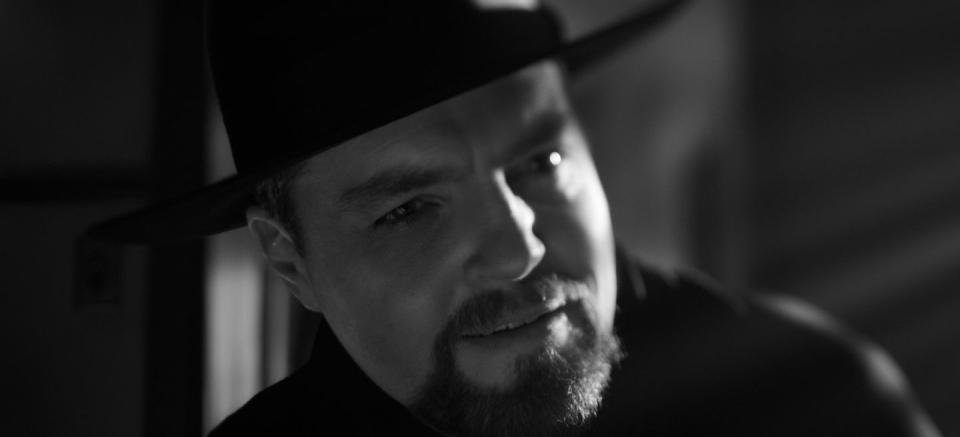
What is true in Mank is the set up – the broken leg, the dry ranch, the secretary, German physical therapist, and that Mankiewicz initially voluntarily gave up credit. What's fiction is that he smuggled in booze, and that John Houseman (played by Sam Troughton) lived elsewhere (in reality, he shared the two-bedroom ranch and took Mankiewicz out for a drink every night).
In addition, Mankiewicz did later realise he wanted credit and argued with Welles over it, but the latter eventually caved to the request. Neither was there to accept the Academy Award, and Mankiewicz's later scathing comment ("I am very happy to accept this award in Mr Welles' absence, because the script was written in Mr Welles' absence") is true.
To shrink a decades-long debate into a few sentences, according to journalist Robert L Carringer, Mankiewicz's contributions hewed more close to the factual plot points of their inspiration (William Randolph Hearst) while Welles transformed it into the plan for the "masterpiece" that would be Citizen Kane.
Bonus factoids
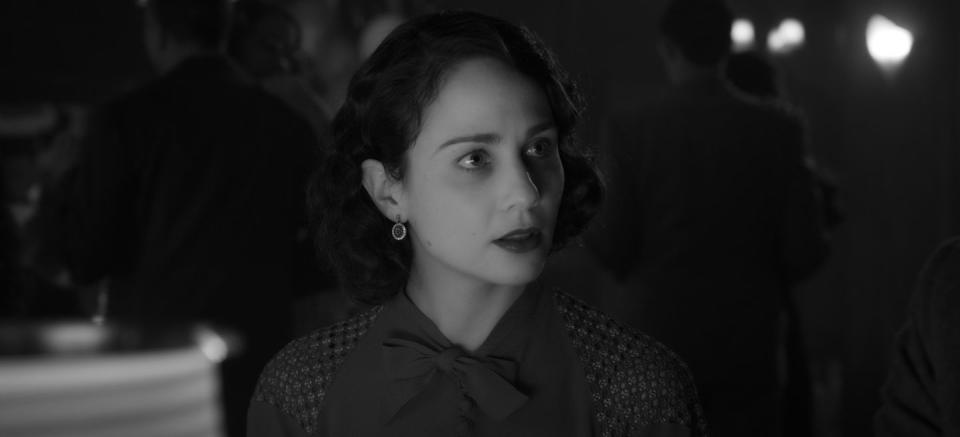
"Don't worry… the white wine came up with the fish": Mankiewicz did say this, but not at a party thrown by Hearst.
Hearst's castle: Was as bananas as Fincher made it look.
Poor Sara: We don't get much of her, but she was routinely described as long-suffering. What's most hair-raising is that, in reality, she and Mankiewicz were the same age: both were born in 1897. Why Fincher chose to cast someone nearly half Oldman's real age boggles the mind.
Mank is out on Netflix from December 4.
Digital Spy has launched its first-ever digital magazine with exclusive features, interviews, and videos. Access the latest edition with a 1-month free trial, only on Apple News+.
Interested in Digital Spy's weekly newsletter? Sign up to get it sent straight to your inbox – and don't forget to join our Watch This Facebook Group for daily TV recommendations and discussions with other readers.
You Might Also Like

